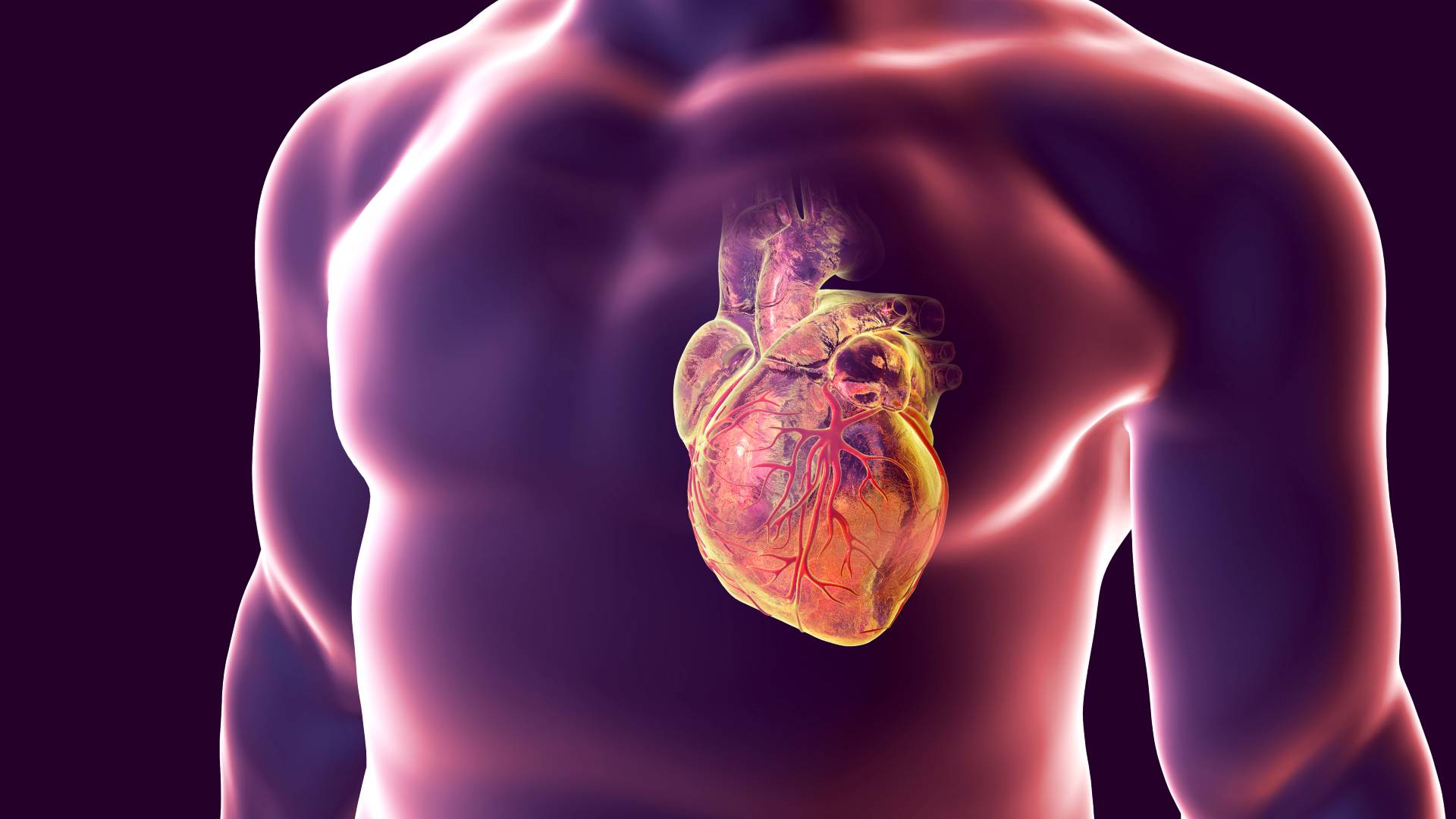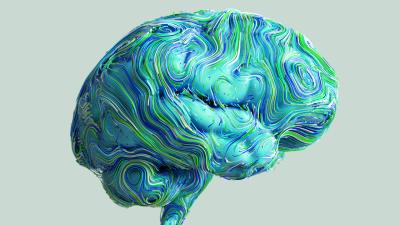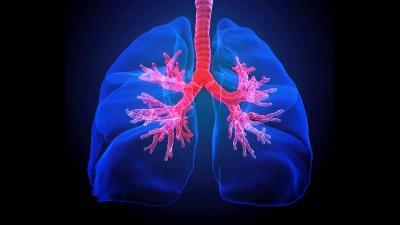Animal Organs in Human Bodies a Disservice to Patients

A Closer Look at the Multitude of Preferable, Practical Strategies to Address Heart Disease
The recent transplantation of a pig’s heart into a human body is not a cause for celebration, and it would be tragic to let it overshadow the existing, genuine strategies we have for helping those suffering from heart failure. Xenotransplantation, or animal-to-human transplantation, comes with serious medical and ethical concerns, which make it indefensible as a strategy for addressing heart disease.
Transplantation, even of organs from another human, comes with significant risks, including immunosuppression and infection, terms we’ve come to understand all too well amidst COVID-19. Research and development dollars should be invested in developing medications with improved safety and efficacy profiles to help treat heart disease and prevent the need for transplantation in the first place. Human-specific approaches, such as a heart-on-a-chip, can reliably model human heart tissue and advance drug discovery and testing pipelines.
In addition, the prevention and reversal of heart disease could be achieved for millions of patients by shifting the American diet away from foods high in cholesterol and saturated fat to a diet rich with plant-based foods. A low-fat, high-fiber diet, combined with regular exercise and a healthy overall lifestyle, can prevent, delay, and even reverse heart disease and other cardiovascular events. In Dr. Dean Ornish’s pioneering study, participants with moderate to severe heart disease made simple diet and lifestyle changes, and, within one month, blood flow to the heart improved; after a year, even severely blocked arteries had reopened. Dietary and lifestyle change offer a real solution for most patients without the ethical quagmire of xenotransplantation.
Heart disease patients’ lives can also be extended without resorting to heart transplantation, through interventions such as surgical ventricular restoration, which aims to restore the original shape and volume of the heart; cardiac regenerative therapy, which uses human pluripotent stem cells; or mechanical circulation support, such as ventricular assist devices, which are becoming less invasive.
Further, there are several ways to improve outcomes for patients waiting for organ transplants, the most obvious being changing to an opt-out organ donation system, which would significantly increase the number of human organs available for transplant. The number of eligible organs could be increased by using “expanded criteria donors” (relaxing requirements for donor hearts), limiting cold ischemic time (keeping the donor heart warm and in a beating state until the time of implantation), improving the donor-recipient matching process, and improving the diagnosis and management of organ rejection.
The transplant allocation policy could also be improved. In 2018, the United Network for Organ Sharing donor heart allocation system was implemented, which likely led to setting new annual records for both donation and heart, kidney, and liver transplants. Researchers, clinicians, and organ procurement organizations should continue to investigate new ways of improving the transplant allocation system.
Beyond the multitude of medically preferable options, animal organ transplantation presents significant ethical concerns, such as how animals on organ farms would be bred, cared for, and housed. Instead of spending time and research dollars harming animals and tinkering away at the risky, dystopian concept of xenotransplantation, we need to double-down on these far superior and much more tenable approaches. The novelty and shock-value of transplanting animals’ organs into human bodies cannot distract us from using and improving known strategies to help those suffering from heart disease.







